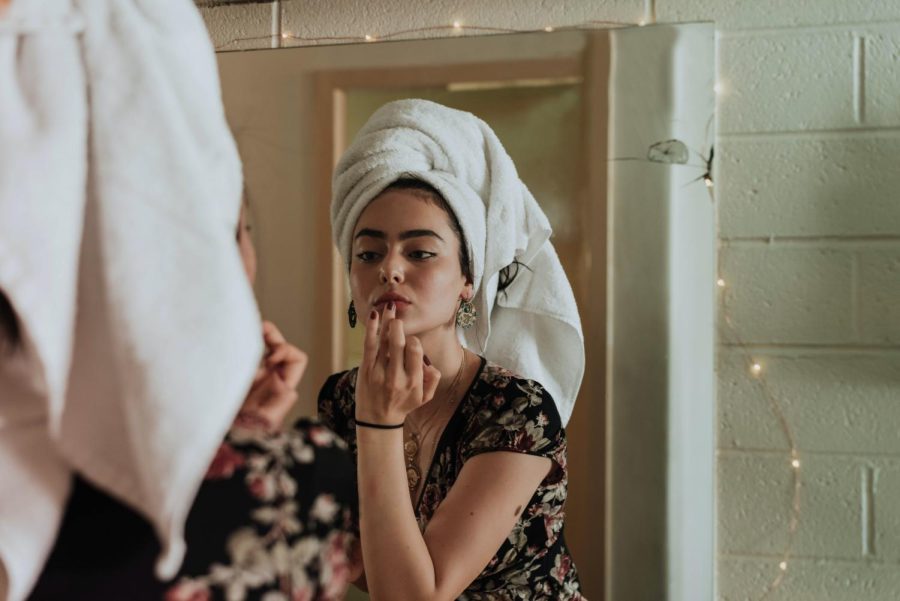Pretty Privilege is Real
December 17, 2022
Unfortunately, the ugly truth needs to be revealed–pretty privilege is real, and you may unknowingly be affected by it. Pretty privilege is when someone who fits the beauty standard is given an upper hand in society. As someone who’s been on both sides of the spectrum, I can confirm pretty privilege is real. When I was derpy, “ugly,” and naive, people treated me very differently. My feelings, for the most part, were disregarded; girls gossiped about me, and no boys ever liked me, calling me rude names about my appearance–I felt like an outcast from society, all because I didn’t adhere to society’s beauty ideals. However, once I knew how to style my clothes, put on makeup, and do my hair, I noticed that people treated me with more kindness. I was no longer the laughing stock for boys, and girls didn’t gossip much about me anymore. My feelings became acknowledged, and people seemed to care about what I had to say.
Have you ever seen the comments under the post of someone who’s deemed unattractive by society? They’re terribly negative and dehumanizing compared to an attractive person’s comments. For instance, the famous singer Lizzo who advocates for body positivity and self-love constantly receives fatphobic and negative comments under all her posts on social media. She is the prime example of someone who doesn’t adhere to society’s beauty standards. Though she does nothing more than sing and create fun dance videos, she receives hate for her body and is therefore treated differently.
To be blunt, we live in a shallow and superficial society. Although beauty is merely a social construct; our society still values whatever the unrealistic beauty standard is at the moment. Social media and peer influence are fundamental reasons this concept is perpetuated. We have a severe issue of physical traits being deemed as the most important.
Looking at the big picture, the beauty standards differ between men and women. For women, having a slim waist, curves in the right places, and a flat stomach all simultaneously is a must. On the other hand, men must be tall and muscular with broad shoulders to even be considered as an option to date. Those deemed as appealing receive a head-start. They receive better opportunities, and those who aren’t attractive are left to work twice as hard to catch up, such as Lily Rose, Johnny Depp’s daughter. Although she’s 5’3, she made her way onto the runway despite being under the height requirement. From her father’s status and wealth and pretty privilege, she was able to benefit and receive a head-start, something most models cannot achieve so quickly.
To put this concept into perspective: an attractive person pursuing a woman with weird antics, such as being touchy with her, is considered quirky and romantic, but an unattractive person doing the same is deemed as a creep and a harasser. Because one is judged to be attractive, their appearance creates a false sense of security that can be utilized to their advantage, jeopardizing the environment around them. Pretty privilege can be dangerous; that’s shocking, right? It’s especially prevalent in the crime world. Attractive murderers are praised and romanticized, scarily enough. For instance, infamous murderer Ted Bundy still receives constant attention to this day–not because of his gruesome actions, but because he’s perceived as an attractive man. People romanticize his crimes all because he’s considered attractive.
Although society is keenly aware of this predicament, it’s always a topic that we’ve taken little to no action about. How can we challenge this to advocate for change?
“It’s up to all of us to challenge internalized biases about privileged people, especially if we are one of the privileged,” stated body positivity activist Emily Lauren Dick. “We must actively challenge our inner thoughts about how unattractive people are less worthy than attractive people. We must ensure that everyone is on a level playing field, especially when they are not. This is inclusion!”
Photo courtesy of UNSPLASH.COM

